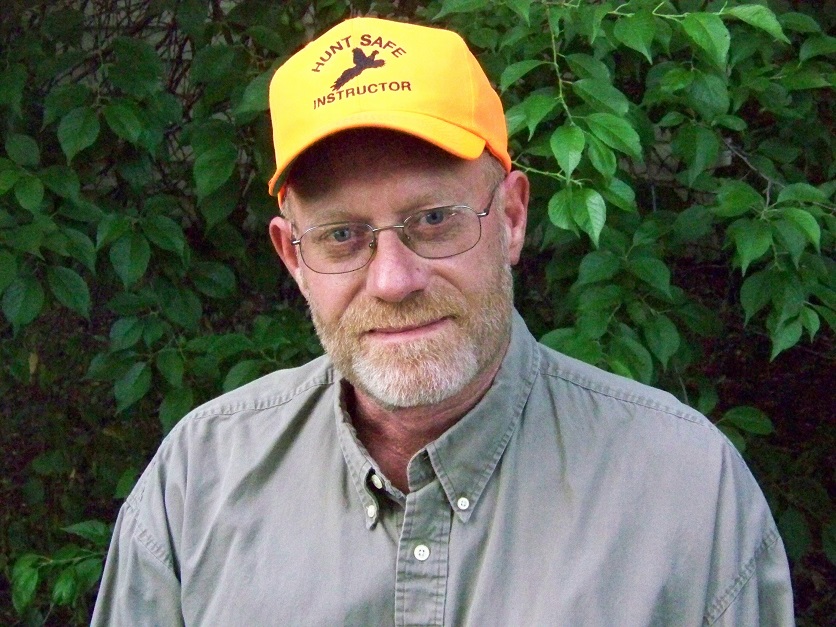It’s not an exaggeration to say I have spent nearly my entire life—all six-plus decades of it—wandering South Dakota’s fields, wetlands and prairie potholes. Like many Dakotans, I first discovered our wetlands during hunting season. As I grew up, I chose a career in wildlife biology to allow me to get up close and personal with our state’s natural places year-round.
The changes I’ve seen over the decades are heartbreaking. Many of the wetlands I used to hunt in are now gone—drained and filled and turned to cropland. This means fewer waterfowl, shorebirds, and other wildlife. This means more fertilizer and more of our state’s precious soil is washed away, harming water quality in the Missouri, James and Sioux Rivers and on to our downstream neighbors. It means bigger floods and fewer opportunities to share with my grandchildren the wonders of wetlands wildlife – from dragonflies and fireflies to minnows and mallards.
The Farm Bill, with its wetlands and grasslands conservation easement and conservation compliance provisions, is the most important tool we have to protect wetlands and wildlife habitat on South Dakota’s—and the nation’s—private lands. I implore Congress to strengthen – not weaken – the wetland conservation provisions of the 2018 Farm Bill as they work to pass this critically important legislation. The wetland conservation compliance and easement provisions of the Farm Bill, when accurately and faithfully implemented and enforced, serve to conserve many wetland complexes in the Prairie Pothole Region and around the country. These provisions require that, in return for various taxpayer-subsidized program payments—including crop insurance premium subsidies—agricultural producers must avoid drainage of wetlands on their agricultural land.
I support this basic covenant between farmers and taxpayers: taxpayer subsidies support farming practices that show true stewardship of our soil, water and wildlife resources. I applaud the provisions in the recent House version that would have funded easement programs to foster wetland and grassland conservation.
But the 2018 Farm Bill must go further to fully fund all Farm Bill conservation programs. And it must not undermine this basic covenant by encouraging the drainage of even more wetlands, undermining Farm Bill wetland conservation compliance safeguards for our prairie pothole wetlands.
Let’s pass a Farm Bill we can all be proud of; a Farm Bill that fosters wise use of our precious soil, water, and wildlife resources; a Farm Bill to give more opportunities to share with our grandchildren the wonders of wetlands wildlife – from dragonflies and fireflies to minnows and mallards.
About the author: Bill Antonides is a wildlife biologist and sportsman with the South Dakota Wildlife Federation.

